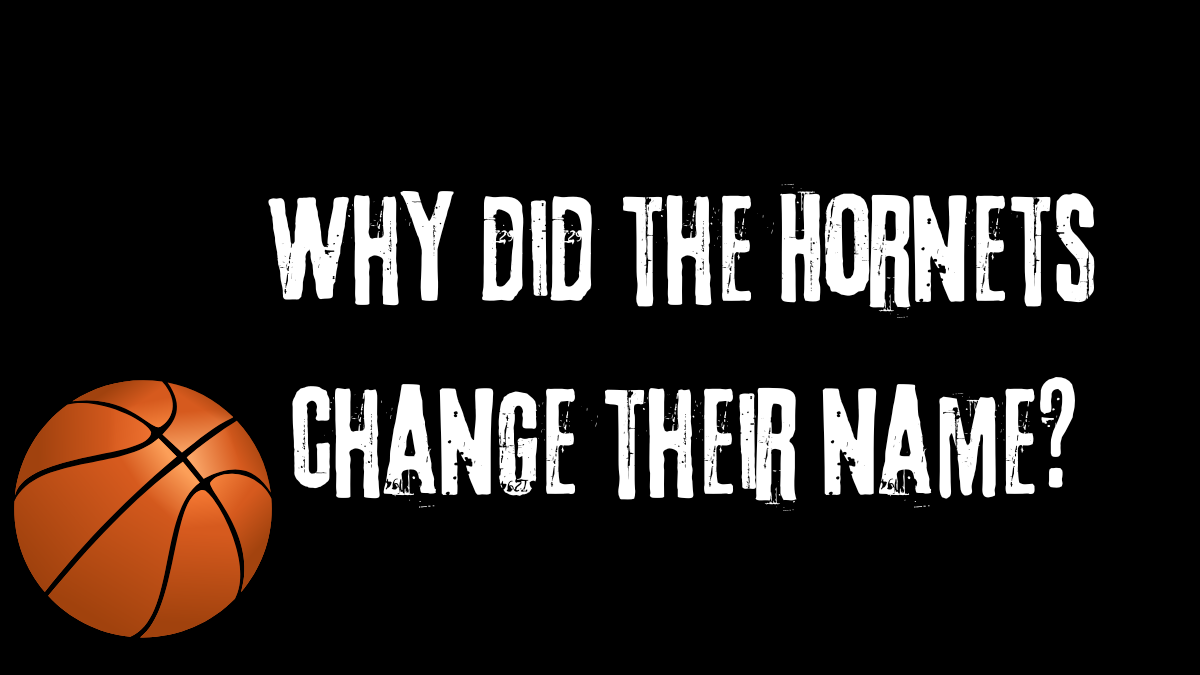The Charlotte Hornets changed their name to the Charlotte Bobcats in 2002 due to a few factors:
- Ownership Change: The team was purchased by Bob Johnson, who wanted to give the team a new identity that reflected his ownership and the city’s history.
- Association with the Original Hornets: The original Charlotte Hornets, who played in the NBA from 1988 to 2002, had moved to New Orleans and became the New Orleans Hornets. The new owners wanted to distance themselves from the original team and create a fresh start.
- Bobcats as a Symbol: The Bobcats were chosen as the new team name to represent the city’s wildcat heritage and the aggressive, competitive spirit of the team.
In 2014, the team reverted back to the original name, Charlotte Hornets, to reconnect with the city’s history and fan base. The decision was also influenced by the success of the Charlotte Bobcats on the court and the growing popularity of the team.
Public reaction when the Hornets changed their name to Bobcats
When the Charlotte Hornets changed their name to the Bobcats in 2004, the public reaction was mixed, with many fans expressing disappointment and confusion. Here’s a summary of the key points regarding the reaction to this name change:
Initial Reaction to the Bobcats Name
- Disappointment: Many fans were unhappy with the new name, feeling that “Bobcats” lacked the historical significance and excitement associated with the original “Hornets.” The Hornets had been a beloved team in Charlotte before relocating to New Orleans in 2002.
- Lack of Identity: The Bobcats struggled to establish a strong identity in the NBA. The franchise was often seen as mediocre, making the playoffs only once in its ten seasons and finishing with a poor overall record. This lack of success contributed to a sense of disconnection among fans.
- Negative Comparisons: The Bobcats name was frequently criticized for being less appealing than the Hornets. Fans and commentators often remarked that the Bobcats logo and branding were not as vibrant or memorable as those of the original Hornets.
Shift Back to the Hornets Name
In 2013, when the New Orleans franchise announced it would change its name to the Pelicans, the opportunity arose for Charlotte to reclaim the Hornets name. The public reaction to this potential change was overwhelmingly positive:
- Nostalgia: Many fans expressed excitement and nostalgia at the prospect of returning to the Hornets name, which had deep roots in Charlotte’s basketball history. The Hornets name was associated with memorable moments and players from the original franchise.
- Community Support: The decision to return to the Hornets was based on extensive public opinion surveys, which indicated strong support for the name change. Fans were eager to see the Hornets legacy restored.
- Renewed Enthusiasm: The announcement of the name change back to the Hornets in 2014 was met with enthusiasm. The franchise launched a campaign called “Buzz City” to celebrate the return of the Hornets, and there was a noticeable increase in season ticket sales and fan engagement.
How did the team’s merchandise sales change after the name change
After the Charlotte Bobcats changed their name back to the Hornets in 2014, there was a significant increase in merchandise sales. Here’s a breakdown of how the name change impacted merchandise:
Initial Boost in Sales
- Fan Excitement: The return of the Hornets name generated a wave of nostalgia and excitement among fans. Many supporters of the original Hornets were eager to buy new merchandise featuring the familiar name and logo.
- Merchandise Demand: Following the announcement, there was a noticeable spike in demand for Hornets gear, including jerseys, hats, and other apparel. This surge in interest led to a significant increase in merchandise sales.
- Sales Figures: Reports indicated that merchandise sales soared, with the Hornets ranking highly in NBA merchandise rankings shortly after the name change. For instance, in the summer following the name change, the Hornets were reportedly among the top teams in cap and jersey sales.
Long-Term Impact
- Brand Loyalty: The rebranding helped restore brand loyalty among long-time fans. The Hornets name is associated with memorable moments and players, which encouraged fans to invest in merchandise again.
- Increased Visibility: The team’s marketing efforts, including the “Buzz City” campaign, further promoted merchandise sales. The combination of a strong brand identity and effective marketing strategies contributed to sustained sales growth.
- Merchandising Strategy: The Hornets capitalized on the excitement by introducing new merchandise lines and limited-edition items, which kept fans engaged and willing to purchase.
Sam, a dedicated blogger, has immersed himself in the world of content creation for the past five years. His journey reflects a profound passion for storytelling and insightful commentary. Beyond the digital realm, Sam is a devoted NBA enthusiast, seamlessly blending his love for sports with his writing pursuits.


2 thoughts on “Why did the Hornets change their name?”